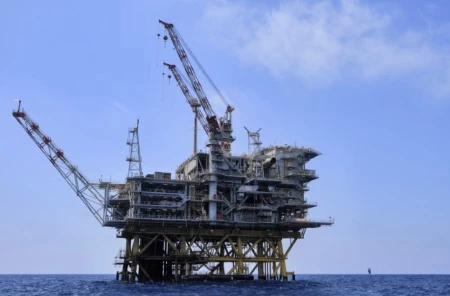Is The Age Of "Cheap Oil" Coming To An End?
Add bookmarkWith a forecasted increase in global energy demand of 19% by 2020, DNV says the sector will have to push the boundaries to satisfy this need.
In the last 25 years, only one barrel of oil has been discovered for every four barrels consumed. Daily world oil consumption is in the region of 85 million barrels with production never expected to exceed 95 mbd. Companies will have to explore more costly, lower quality and unconventional oil sources.
Elisabeth Harstad, Managing Director of DNV Research and Innovation, says that DNV doesn’t claim to have all the answers but bases the predictions on expertise in a broad range of areas including fossil fuels, nuclear and renewable power, power transmission systems and shipping.
At the presentation in Aberdeen earlier today she said: "Technology is a vital part of the solution for many of the global and industry challenges facing us today. Oil and gas, as well as coal, will continue to dominate the global energy mix over the next decade, but the age of cheap oil is coming to an end. Technologies in the exploration and production sector are to focus on increasing efficiency to capitalize on remaining reserves. Improving environmental footprint will also be crucial."
The industry will have to prepare itself for drilling more complex and demanding wells in deep water, complex reservoirs, and the Arctic, which poses a number of technology challenges to oil and gas companies. Operation is anticipated to reach pressures above 20,000 PSI and temperatures of more than 200°C by 2020, and technology will have to adapt to withstand and work efficiently in these parameters.
The ‘Technology Outlook 2020’ report outlines some of the developments that will shape the future of the sector.
Drilling speed is estimated to increase by as much as 50%. Drilling operations will also become more efficient in mature fields to enable development of smaller reservoirs and increase oil recovery in existing fields.
As 25% of the world’s remaining reserves are potentially untapped in the Arctic, DNV predicts that activity will increase in this area. New technology will be essential to raise industry practices and deal with the harsh environment of the Arctic, but the focus will remain on environmental protection in this burgeoning region.
Horizontal drilling and the practice of hydraulic fracturing are to spread worldwide according to the report. Unconventional gas will radically change the entire gas market, but unconventional oil production will remain limited due to the environmental challenges and high cost. Demand for gas is expected to grow almost twice as much as for oil. In addition shale gas will be introduced to the mix due to more competitive pricing.
Elisabeth Harstad said: "We are in a decade of transition and development of new oil and gas technology will have to be fast-paced to keep up. However, it will be more a case of technology evolution rather than revolution. Much of what will characterize 2020 is already in the labs or on the drawing boards but we can expect new applications to unlock some of the existing major industry barriers."
[eventpdf]




















